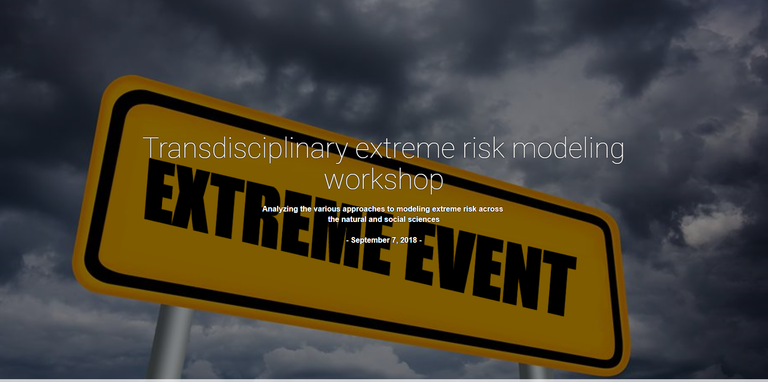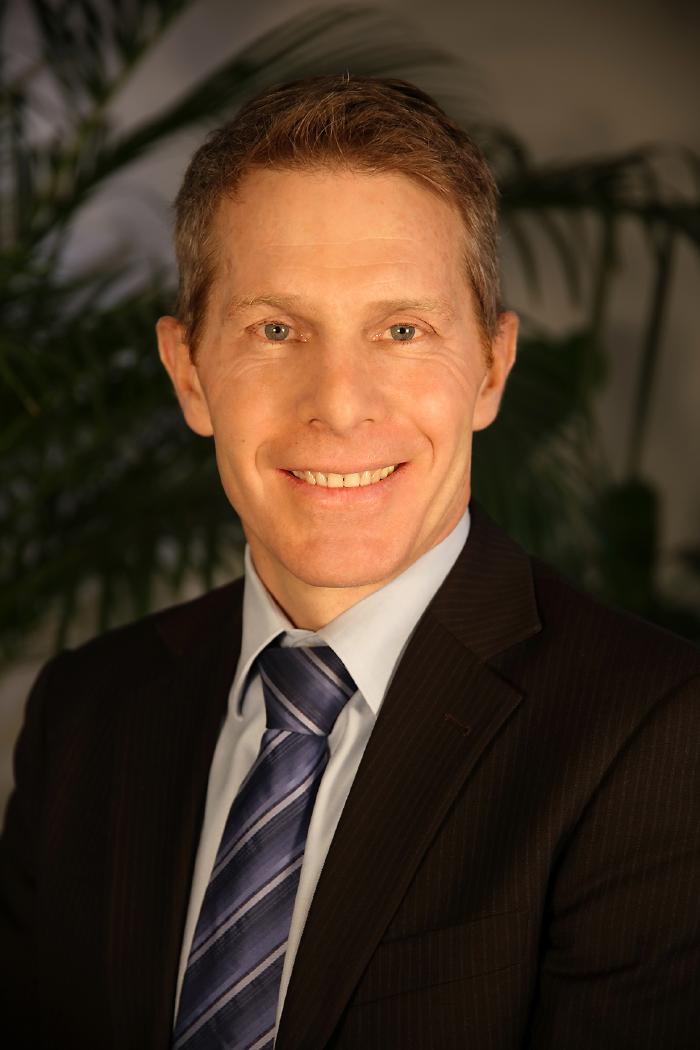Academy of Excellence "Territories, Environments, Risks and Resilience"
Transdisciplinary Extreme Risk Modeling
- B. Groslambert -
Towards a generic modeling of extreme events in a broad range of domains, from social to life and planetary sciences

Academy 3 highlight
TERM proposes an integrative approach across disciplines to model extreme events occurring in a broad range of domains and to understand their generic determinants. The new modeling approach should help manage extreme risks and improve resilience strategies.
The project
Extreme events are described in fields as diverse as climate, telluric hazards, astrophysics, economy and finance markets, material sciences, evolutionary ecology, etc. There is growing evidence that these various extreme events share common features, such as developing in complex systems and jointly with other events. However, their driving mechanisms seem to involve ingredients that, in some cases, produce events that are even more extreme than predicted by classical power laws. Understanding such deviations is key to understanding the phenomenology and physics of extreme events and to model them accurately.
Our ambition is to develop an integrative approach to better understand the determinants of extreme events and to model them in a generic manner. The generic models could be applied to a variety of domains and help to improve the management of the extreme risks associated with extreme events and resilience strategies.
As a starting step, we have organized two transdisciplinary workshops featuring experts in physics, geosciences, economics, finance, mathematics and other disciplines, from both within Université Côte d'Azur and external institutions, all focused on extreme risk modeling. During the workshops, differences and similarities between various extreme events and phenomena were identified, specifically in regard to the statistical probability of extreme event occurrence, and that of their energy release. Transdisciplinary international collaborations were initiated and several working papers were written.
The +
This project has gathered 40 participants from seven countries (Belgium, France, Italy, Russia, Switzerland, UK, and USA) and five principal disciplines (Economics, Finance, Mathematics, Physics, and Space Science). It has initiated some discussions, joint presentations, and starting collaborations among various UCA Labs (Dieudonné, ESPACE, INRIA, Géoazur).
What’s next?
We are planning a new international workshop in The Netherlands in July 2019, co-organized by Université Côte d'Azur (Nice, France), the Royal Belgian Institute for Space Aeronomy, the ENEA (Italy), the IKI Space Research Institute of Russia, the Technical University of Denmark, and ETH Zurich (Switzerland). The workshop will strengthen the new collaborations and launch ambitious federative research projects to be submitted to European and international calls for proposals.
Project information
|
Scientific domain
Transdisciplinary
|
Theme
Extreme risk
|
|
Key words
Space Plasma Extreme Events and Astrophysics
Extreme Geo-hazards; Climate and Weather
Financial Market Bubbles, Crashes and Crises
Material Failure; Extreme Events in Laboratory (Fusion) Plasma
Biophysics; Evolutionary Ecology
|
Total budget
25 k€ from Académie 3
|
| Partner laboratories
Skema Business School - Université Côte d'Azur
Strathclyde University - Glasgow, UK International collaboration
Strathclyde University - Glasgow, UK
Royal Belgian Institute for Space Aeronomy - Brussels, Belgium
ENEA - Roma, Italy and IKI Space Research Institute - Moscow, Russia
Technical University of Denmark - Kgs. Lyngby, Denmark
ETH Zurich, Switzerland
|
Project members
GROSLAMBERT Bertrand
BASU Devraj
Devraj BASU, Strathclyde University - Glasgow, UK
Norma CROSBY, Royal Belgian Institute for Space Aeronomy - Brussels, Belgium
Alexander MILOVANOV, ENEA - Roma, Italy and IKI Space Research Institute - Moscow, Russia
Jens Juul RASMUSSEN, Technical University of Denmark - Kgs. Lyngby, Denmark
Didier SORNETTE, ETH Zurich, Switzerland
|
Project valorization
- Alexander V. Milovanov, Jens Juul Rasmussen, Bertrand Groslambert. Black swans, extreme risks, and the e-pile model of self-organized criticality; Chaos, Solitons & Fractals, Volume 144, 2021, 110665, ISSN 0960-0779, https://doi.org/10.1016/j.chaos.2021.110665.
- http://unice.fr/UCA/uca/en/idex/academies/space-environment-risk-and-resilience/contents/news/transdisciplinary-extreme-risk-modelling-workshop
- http://univ-cotedazur.fr/events/transdisciplinary-extreme-risk-modelling-workshop-analyzing-the-various-approaches-to-modeling-extreme-risk-across-the-natural-and-social-sciences
- https://www.lorentzcenter.nl/lc/web/2019/1180/info.php3?wsid=1180&venue=Snellius



















